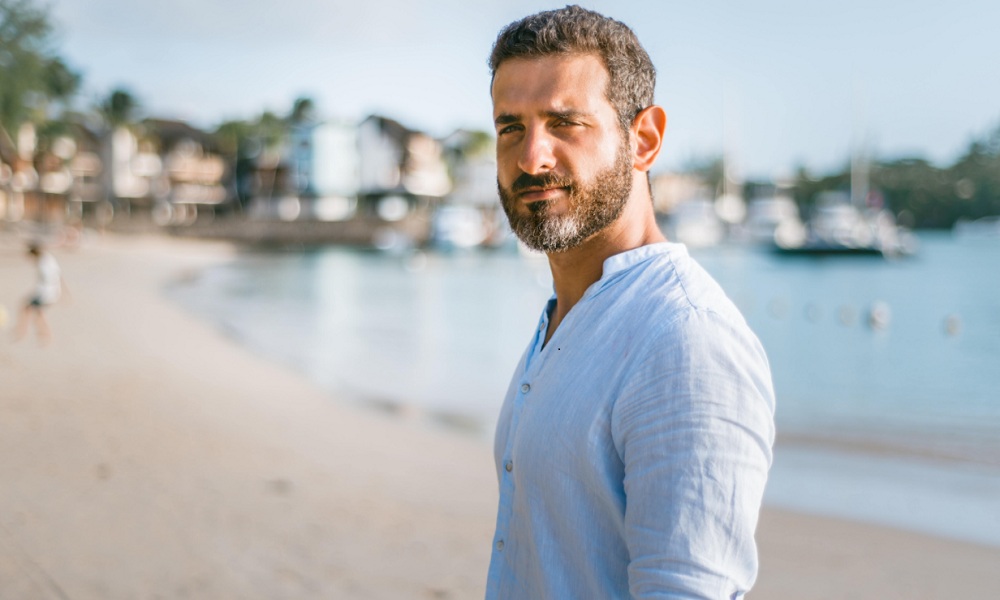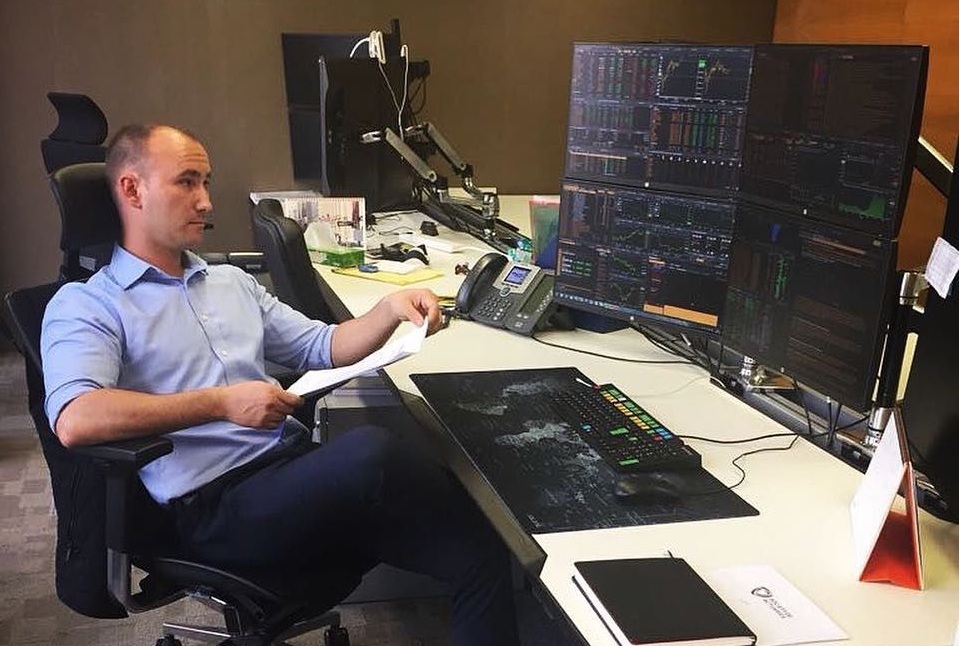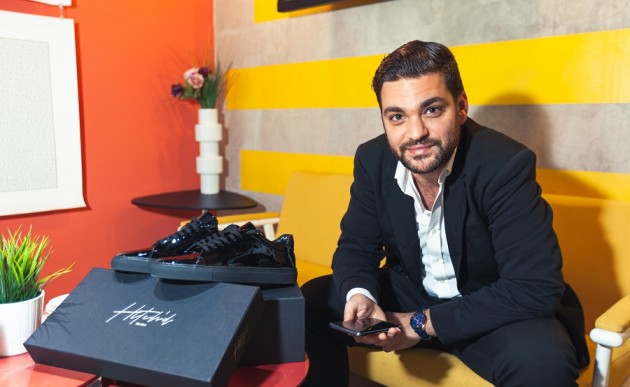Tamas is the founder of Alpha FX Acacdemy. He is an ‘economist by qualification and banking professional by experience’. Tamas teaches practical trading methods which can be immediately applied. thereby helping his students take full advantage of the Forex and Capital markets. His main goal is to shorten the learning curve for his students without compromising on the quality of strategies taught.
Tamas, thanks for talking with us. Kindly describe your journey as an Entrepreneur so far.
I moved to the UK when I was 19 and had low-level jobs in catering. I quickly realized that I need to change my life so I applied to University and studied Economics where I graduated as one of the top students.
After that, I had the chance to work for some of the leading companies in finance and banking such as Thomson Reuters and one of the largest banks in Europe. Then I changed my career and moved to asset management and worked as a Fixed Income Trader at a Hedge Fund Bank in London. I spent years as a trader and had the opportunity to trade in capital markets in several assets ranging from futures, equities, bonds, and of course foreign exchange.
How did your background in Finance help in starting your new journey?
Working in a professional environment and managing over 600 million dollars in bond portfolios helped me to completely change my view to money and risk management. The strict rules and regulations formed my psychology and the way I look at returns. Most people fail because their attitude towards money and risk management is unreasonable. You cannot be a millionaire overnight, it is a marathon, not a sprint.
Many people say that Trading is full of risks. However, many traders make huge profits? Why are many people afraid of trading?
Traders who make huge profits usually spent years of studying financial markets and charts. New traders often mislead by social media and fake mentors who post insane profits and promise the world. People who are afraid usually have had some bad experience and lost money.
Many people assert that trading needs a long learning period. How can experienced traders shorten the learning curve?
Absolutely true. Successful people in every profession spend years of studying and have years of experience. However, general professions have options to be studied at university, college, and in form of courses. Despite university education in finance, working on a trading floor and trading, in reality, is completely different. Experienced traders often offer education and mentoring to teach new traders about their mistakes, experiences and this can shorten the learning curve. However, the market is very diluted with fake mentors who never had any education in finance or experience in trading at a bank, hedge fund.
Tell us more about your tryst with Fx trading?
I started FX trading on my own account when I started working as a US equities trader at the hedge fund. Even though I was a professional financier, I made huge losses at first. Then I took a break and analyzed my mistakes. I quickly realized that in order to succeed in FX trading I must change my mentality and apply the same rules in my personal trading as what we had on the trading floor: risk management.
What are the top 3 mistakes people make when they start trading?
I would say, Impatience, greed and impulsive trading are the biggest enemies of any trader.
Tell us more about your book on Price action techniques and their relevance in trading.
It is a great introduction to price action trading. People over mystify trading, looking for the holy grail strategy but there is no secret, just simple rules to follow. Price Action book helps to change the way people look at the charts and answer their questions, correct their mistakes.
In your view, with the advancement in trading algorithms, what is the future of trading, and what will remain constant in the world of trading?
Algos were present 10 years ago, they are present today and will evolve further. The problem isn’t algorithms, the main issue is the high frequency of which area algorithms are executed. However, there is one weakness of algorithms that can be the advantage of corporate and retail traders.
Algos monitor the same charts and analyze the same data just like human traders and their strategies are mostly based on price action events and technical indicators, for example, simple Exponential Moving Average crossings. Since algos run on billion dollars portfolios they bring liquidity to the market which can be at the advantage of the everyday trader if he or she knows what to look for.
The new gold scalping course has an indicator-based strategy that works very similar to the indicator-based algorithms. Once the indicator strategy shows a clear entry signal then it is often in confluence with large liquidity flow to the market. That flow is created by algorithms at big banks. so all you have to do is ride the inflow of money.





 How to7 years ago
How to7 years ago


 More4 years ago
More4 years ago


 More6 years ago
More6 years ago


 Interview4 years ago
Interview4 years ago


 Other Internet Tech6 years ago
Other Internet Tech6 years ago


 More6 years ago
More6 years ago


 Business Ideas6 years ago
Business Ideas6 years ago















